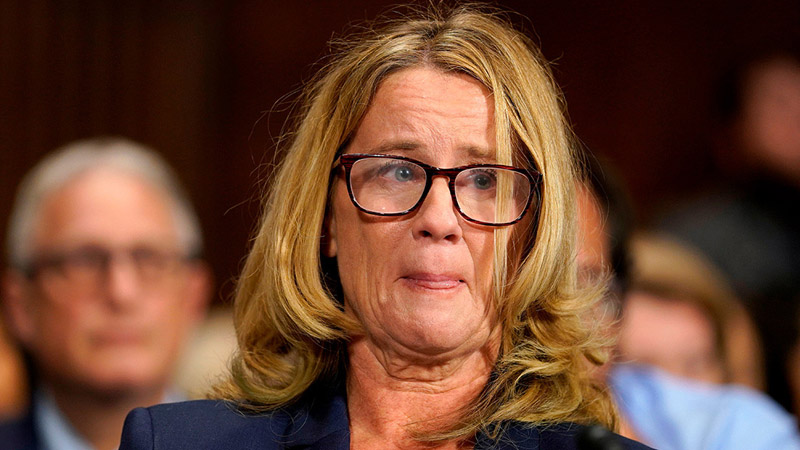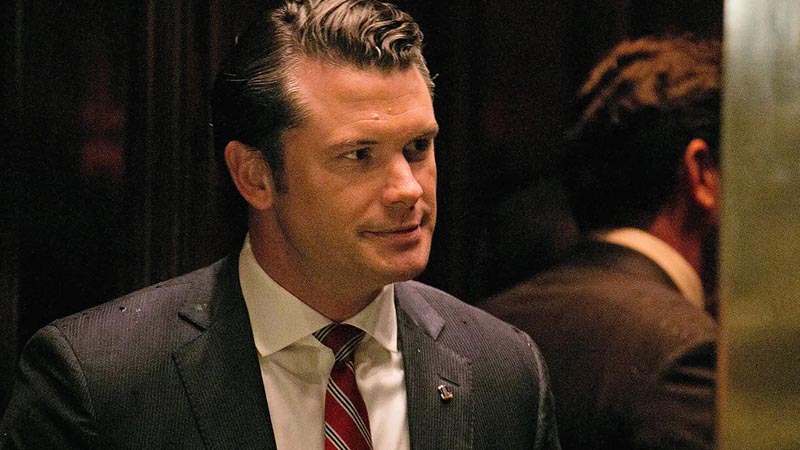Christine Blasey Ford Challenges Kavanaugh’s Integrity in Explosive Memoir

AFP/Getty Images
In her revealing new memoir, Christine Blasey Ford, who notably accused Supreme Court Justice Brett Kavanaugh of sexual assault, delivers explosive insights that cast a shadow on Kavanaugh’s character and call his accountability into question. The narrative, as highlighted by Occupy Democrats stirs a renewed dialogue concerning Kavanaugh’s fitness for his prestigious role within the judiciary.
Ford’s detailed account of the events from 1982 presents a disturbing narrative of fear and trauma, where she feared for her life in the presence of Kavanaugh. She vividly recounts his aggressive advances and the physical struggle that ensued. Despite Kavanaugh’s strong denials, including a notable denial during a Fox News interview where he maintained his innocence, Ford’s conviction in her recollection remains unshaken, believing firmly that Kavanaugh is well aware of the truth of that night.
The incident and Kavanaugh’s subsequent denials, according to Ford, only deepened her belief in his unsuitability for the Supreme Court. She muses on the possibility of forgiveness had Kavanaugh chosen to acknowledge his actions and sought reconciliation, suggesting a path not taken that could have led to healing and redemption.
However, Kavanaugh’s insistence on his innocence closes the door to such possibilities, reinforcing Ford’s stance on his inappropriateness for the judicial role he occupies. This stance is not only a personal grievance but also ties into a larger political context, with Kavanaugh’s nomination and confirmation being emblematic of a struggle for ideological supremacy within the United States, further complicated by his associations with the Trump administration.
Ford’s narrative extends beyond Kavanaugh, critiquing a broader societal and political environment that she perceives as dismissive of women’s experiences and complicit in a culture of male entitlement. She implicates not only Kavanaugh but also then-President Trump in perpetuating this culture, highlighting a systemic issue that transcends individual allegations.
Looking towards a broader call to action, Ford emphasizes the importance of civic engagement and accountability, particularly in the face of the upcoming presidential election. She advocates for a collective stance against what she views as the detrimental influences of the MAGA movement and underscores the necessity of Kavanaugh’s impeachment as a step toward justice and equality.
As Ford’s memoir reignites discussions around these contentious issues, it challenges Americans to confront uncomfortable truths about their leaders and the systems that uphold them. The book not only revisits a pivotal moment in recent American history but also serves as a catalyst for a broader reflection on the values and principles that define American society and governance.


